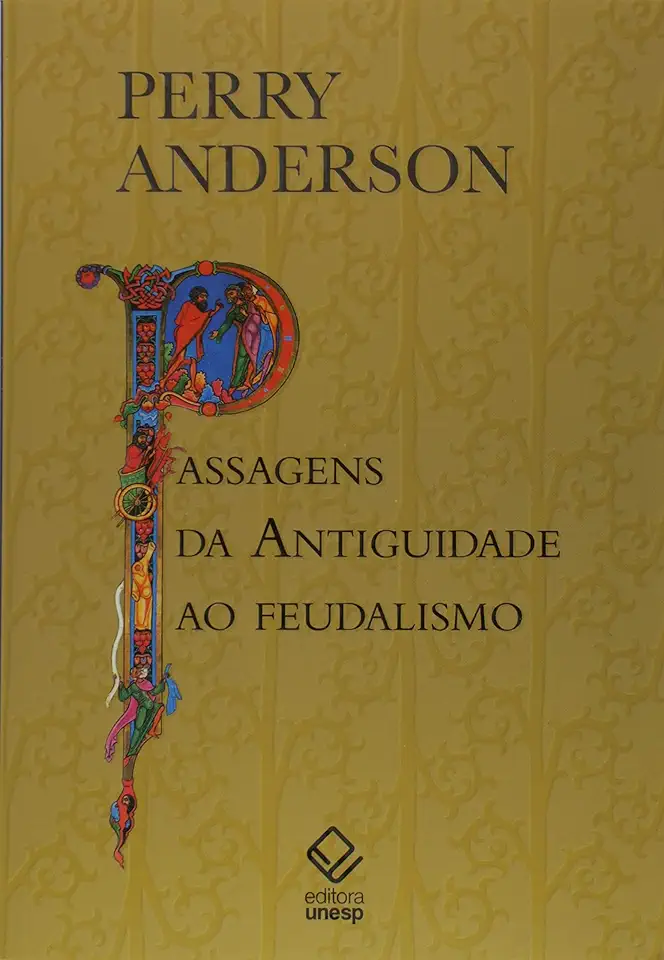
Passages from Antiquity to Feudalism - Perry Anderson
Passages from Antiquity to Feudalism: A Revolutionary Marxist Perspective on the Transition from Classical to Feudal Society
A Profound Exploration of Historical Transformation
In his groundbreaking work, "Passages from Antiquity to Feudalism," Perry Anderson embarks on an intellectually stimulating journey, delving into the intricate transitions that shaped the course of human history. With meticulous research and a revolutionary Marxist lens, Anderson unravels the complex dynamics that led to the decline of classical antiquity and the rise of feudalism, shedding new light on the fundamental shifts that defined this pivotal era.
Unveiling the Roots of Feudalism
Anderson's analysis begins by examining the internal contradictions and external pressures that brought about the downfall of the Roman Empire, the epitome of classical civilization. He argues that the inherent flaws within the slave-based economy, coupled with the relentless incursions of barbarian tribes, set the stage for a profound transformation. As the centralized imperial authority weakened, a decentralized system of feudalism gradually emerged, characterized by fragmented political power, decentralized economies, and a new social order dominated by landed aristocrats.
The Dialectics of Class Struggle
Central to Anderson's narrative is the concept of class struggle, a driving force that shapes historical change. He meticulously traces the evolution of class relations, from the slave-owning elites of antiquity to the feudal lords and serfs of the Middle Ages. Anderson demonstrates how the exploitation and resistance of oppressed classes played a crucial role in shaping the transition from one mode of production to another, highlighting the dynamic interplay between economic, social, and political factors.
Beyond Eurocentrism: A Global Perspective
Anderson's analysis extends beyond the confines of Europe, encompassing a global perspective that challenges Eurocentric narratives. He examines the parallel developments in Asia, particularly China, and draws insightful comparisons between the feudal systems that emerged in different regions. This comparative approach enriches our understanding of the diverse paths that societies took in their transition from antiquity to feudalism, emphasizing the interconnectedness of global historical processes.
A Masterpiece of Historical Scholarship
"Passages from Antiquity to Feudalism" stands as a monumental achievement in historical scholarship. Anderson's erudition, intellectual rigor, and unwavering commitment to Marxist analysis make this book an indispensable resource for anyone seeking a deeper understanding of the transformative processes that shaped the ancient and medieval worlds. Its profound insights and provocative arguments continue to inspire and challenge scholars, historians, and intellectuals to this day.
Why You Should Read This Book
If you are captivated by the grandeur of ancient civilizations, intrigued by the complexities of historical transitions, or simply seeking a deeper understanding of the forces that have shaped our world, then "Passages from Antiquity to Feudalism" is a must-read. Anderson's masterful work offers a profound exploration of the origins of feudalism, the dynamics of class struggle, and the interconnectedness of global historical processes. Prepare to embark on an intellectual journey that will challenge your assumptions and expand your horizons, leaving you with a renewed appreciation for the complexities and continuities of human history.
Enjoyed the summary? Discover all the details and take your reading to the next level — [click here to view the book on Amazon!]